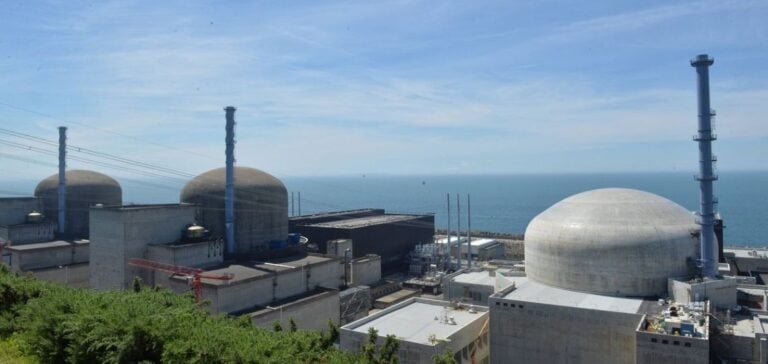The French nuclear safety authority (ASN) has announced the postponement of fuel loading for the Flamanville EPR reactor until mid-April. Initially scheduled for March 31, this deadline has been postponed in view of the forthcoming public consultation. The consultation will last at least 15 days, and up to three weeks. On completion, the ASN will decide whether to commission the reactor.
Implications of the delay
This postponement implies a slippage inEDF‘s original timetable, which targeted fuel loading in the first quarter of 2024. ASN had already expressed reservations about the feasibility of the timetable, citing a “tight” schedule. Compliance checks on pressure equipment, notably the reactor vessel, are at issue. These verifications have lengthened the file review period.
EPR project schedule
The Flamanville EPR project has been underway for 17 years, marked by a series of difficulties. Cost and schedule slippages were frequent during this period. The cost of the project reached 13.2 billion euros, quadrupling the initial budget. Despite these delays, the next stages in the reactor’s start-up are still planned, with safety checks and tests still to come.
Post-fueling stages
After fuel loading, EDF will carry out start-up operations, including checks on all safety-related systems. Equipment tests and qualifications will be carried out during the boiler’s temperature and pressure build-up. The reactor will then be ramped up. At 25% capacity, the plant will be connected to the national grid.
The date for connecting the reactor to the national grid remains set for mid-2024. Despite the postponement of the reactor’s startup, this is scheduled for the summer of 2024. The start-up will therefore be 12 years behind the original schedule.





















